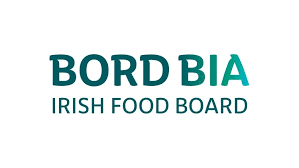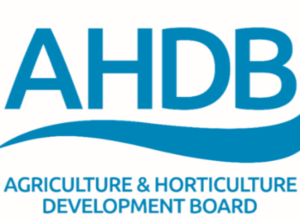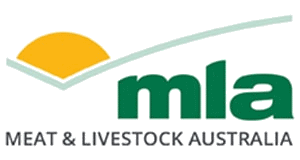Average EU deadweight cattle prices have risen dramatically over the past few weeks, decreasing the difference between continental and GB prices. This article explores the reasons behind this surge and what it could mean for the UK beef market.
Key Points
- The average European beef price has risen faster than the GB price, eroding the price differential, which stood at 94.8 pence for steers of R3 specification in the week beginning 31 March. This makes UK exports more competitive but increases the price of imports.
- Beef supply across the EU is forecast to fall in 2025, potentially lending further support to prices.
- The top supplier of beef imports in 2024 to the EU was the UK, providing 93,200 tonnes of beef, making up 31% of total beef imports into the EU and valuing £502.9 million.
Prices
In the week beginning 31 March, EU steers rose on average by 18p/kg. For R3 steers, this represents a 36% increase in price from the same time last year. Over the past few weeks, the average European beef price has risen faster than the GB price, eroding the price differential, which stood at 94.8 pence for steers in the week ending 31 March.
Selected EU Deadweight Cattle Prices (p/kg)
- Young bulls category AR3
- Steers category CR3
- GB price is AHDB R3 steer average
Source: European Commission, AHDB
The increase in the average EU steer price has been predominantly driven by movements in the Irish market. The average price of an Irish R3 steer stood at an equivalent of 643.8 p/kg, up 26 pence from the week before, closing the gap with the GB R3 steer price to 53 pence. This was down from a historically wide differential of 117.4 pence in mid-February and is back to a position last seen in mid-2024.
Due to the beef trading relationship, the Irish beef price is closely linked with GB beef prices, with the current strength of the British market supporting averages across the Irish Sea. Irish cattle kill has been elevated so far in 2025, but supply is forecast to tighten through the year. Meanwhile, live exports of Irish cattle have grown strongly again so far in 2025, with Bord Bia reporting particular growth in shipments to Northern Ireland, Spain, and Italy.
Production
Elsewhere, beef supply across the EU is forecast to fall, as suckler herds contend with low profitability and stricter sustainability regulations. The European Commission predicts a 7.5% fall in suckler cow numbers by 2035 to 9.5 million head. Dairy herd numbers are also forecasted to fall, albeit more steadily, with a long-term declining trend of -0.3% year-on-year. This means that in the future, there are likely to be fewer beef calves entering the system.
However, 2024 saw significant variation across the bloc. Beef production decreased or remained relatively stable in states such as France, Germany, and the Netherlands but saw marked increases in Spain, Italy, and most significantly in Poland. In 2024, Poland saw production increases of 24%, primarily driven by a rapidly growing export market to Turkey.
Trade
Total external EU-27 beef exports grew by 10% year-on-year in 2024 to approximately 690,000 tonnes (including offal). The most significant destination for these exports was the UK, but export volumes to Turkey and Algeria have seen remarkable growth. EU beef exports to Turkey were up by 30,300 tonnes in 2024, representing a 70% rise from 2023 levels, and volumes to Algeria rose from 400 tonnes to 29,000 tonnes in 2024.
Meanwhile, EU import volumes of beef also grew in 2024 by 8% to 299,000 tonnes. In 2024, the top supplier of these imports was the UK, providing 113,600 tonnes of beef (including offal), making up 31% of total beef imports into the EU and valuing £577 million. 52% of the remaining import volumes into the EU originated from the South American states of Brazil, Argentina, and Uruguay.
Future Implications
Moving forward, these trading relationships could well change due to the potential implications of the EU-Mercosur trade deal. If ratified, the deal could encourage higher volumes of competitively priced South American beef into the EU, pressuring farmgate prices. However, the upcoming EU Deforestation Regulation may compromise market access, and the market impact of this is yet unclear.


